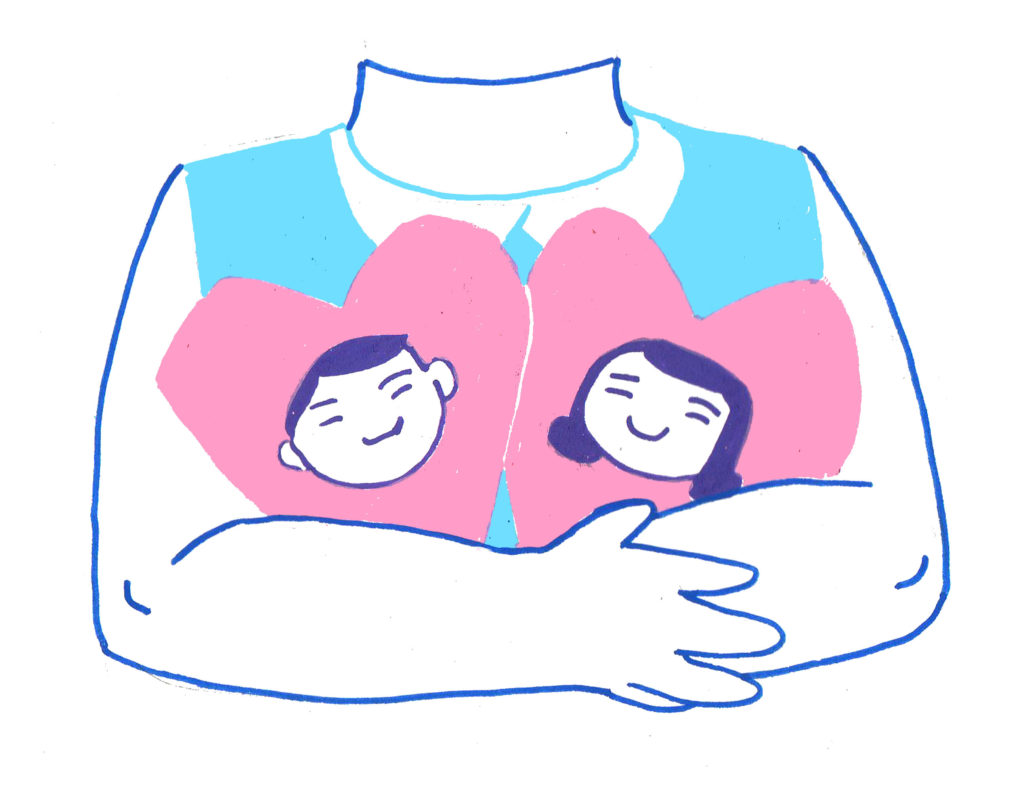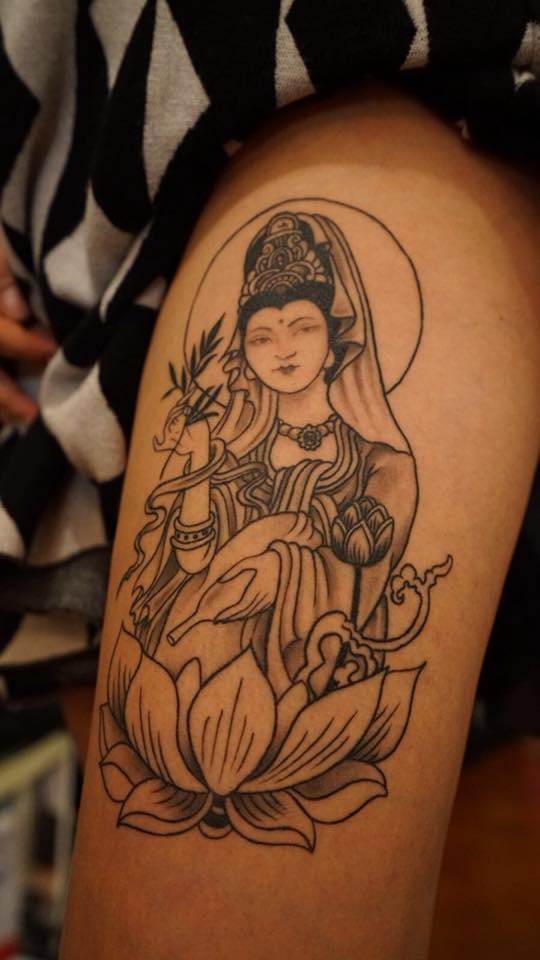It was during summer vacation when Baba, my father, introduced my younger brother Davis and me to cousins visiting us from California. Their names are Frankie, Tommy, and Michael. They are children of Baba‘s older brother, my Uncle Steven. Davis and I had never met them before, but we hit it off right away. Baba took all of us around the tourist attractions in Vancouver, like the aquarium and the suspension bridge. We went to Stanley Park and he bought us ice cream cones. We had a great day.
In the back of my mind though, I couldn’t stop this nagging voice: If they are our cousins, why didn’t we meet them sooner? I decided to discuss this with Tommy, who was also 12 at the time. We talked about our Agon, our fathers’ father and established that we have the same last name, Chang. Then we talked about our Ama, our fathers’ mother—that’s when we learned that we call different women “Ama.”
Instead of confronting my parents with my discovery, I talked to my Aunt Christine, who is Mama‘s brother’s wife. I’ve known her my whole life.
“Why do Tommy and I have different Amas?”
“You are too observant and smart for your own good.” She said, a little in awe of detective skills. “You are right, you and Tommy do have different Amas.”
She didn’t explain why we have different grandmothers, but I figured out the truth pretty quickly: For most of her adult life, Ama was in a relationship Agon, a married man. She bore him three children. Baba is the middle child—he has an older sister and a younger brother. Agon‘s wife also had three children, and Uncle Steven is one of three—he is also the middle child.
Before the age of 12, I didn’t know there was another branch of the Chang family. However, I always suspected something was amiss. For instance, I wondered why Agon didn’t live with Ama. On Sundays, he would come by the house and take all of us—Ama, Baba, Mama, Davis and me out for lunch. Then we would spend the afternoon in a department store or a park. My favourite was when he took us to Baskin-Robbins. To this day, when I taste the tangy sweetness of the Rainbow Sherbert, I always think of Agon.
I have fond memories of Sunday afternoons spent with my grandfather. However, I also noticed he would be gone by dinner time. When I was about eight or nine, I asked Baba why Agon never stayed for dinner.
“Agon is a very busy doctor, he needs to go back to his clinic to see his patients.”
Ama and Agon’s relationship was an open secret—everybody in town knew about it. But, how does a man explain that he is a product of extramarital affair to his young daughter? Even as a child, I instinctively understood the topic is taboo. However, over the years, I put together a partial story of this forbidden love.

Agon and Ama met at the Taichung Hospital. He was an accomplished obstetrician, who was 13 years her senior. She was his young, pretty nurse. Despite the fact that he was married, they fell in love. Sometimes I wonder why Ama chose a married man over other eligible bachelors. One explanation I heard was that Agon was wealthy and Ama wanted to take care of her elderly adopted mother who raised her when her whole family immigrated to Vietnam.
Back then in Taiwan, it was more common for accomplished men to have mistresses—Agon took care of Ama by giving her stocks, jewelry, and property. With his generosity, Ama became a wealthy woman. I heard from Mama‘s side of the family that Ama had a bit of a reputation in Taichung when she was young— she was the beautiful, cunning woman who stole Agon from his wife and children. However, despite her reputation, she raised her three children with the best of everything. Education was a priority and Baba and his siblings went to the best schools. When Baba finished college, he moved to Japan for his master’s degree—where affluent people sent their children to be educated. There, he met Mama. Soon after, I was born in Tokyo in 1982, and Davis was born in 1984. When I was six, we moved to Taiwan.
In many ways, Ama did well for herself—she has a house, money in the bank and three successful children. However, it must be so hard to be in love with a man and watch him leave to go to the arms of another woman. What did she tell herself to live this way? I think there was genuine love between Agon and Ama, but at the end of the day, Ama chose financial security over love. It’s something unthinkable for me, but how can I judge her? If she hadn’t done what she did, I wouldn’t exist.
Every family has secrets. Ours just happens to be forbidden love, one that created a family—mine.



